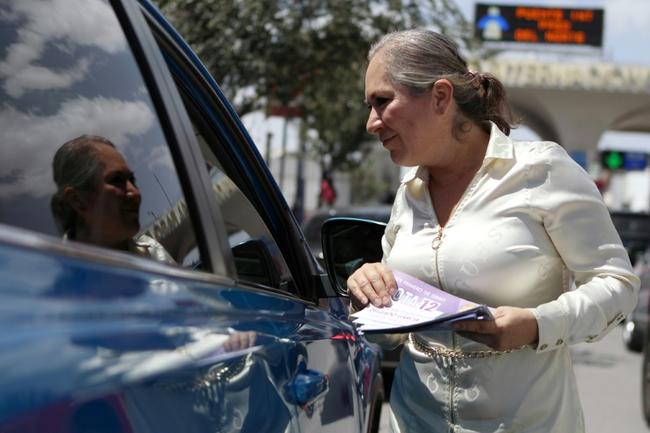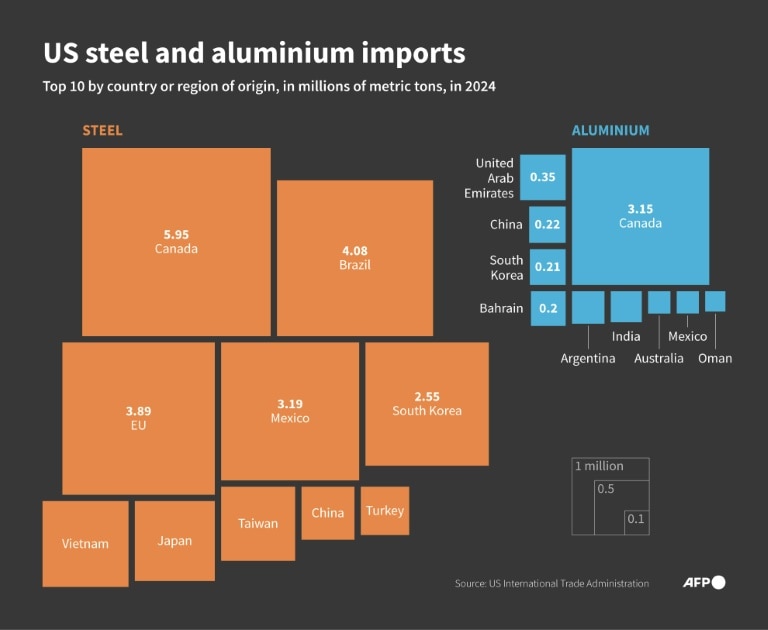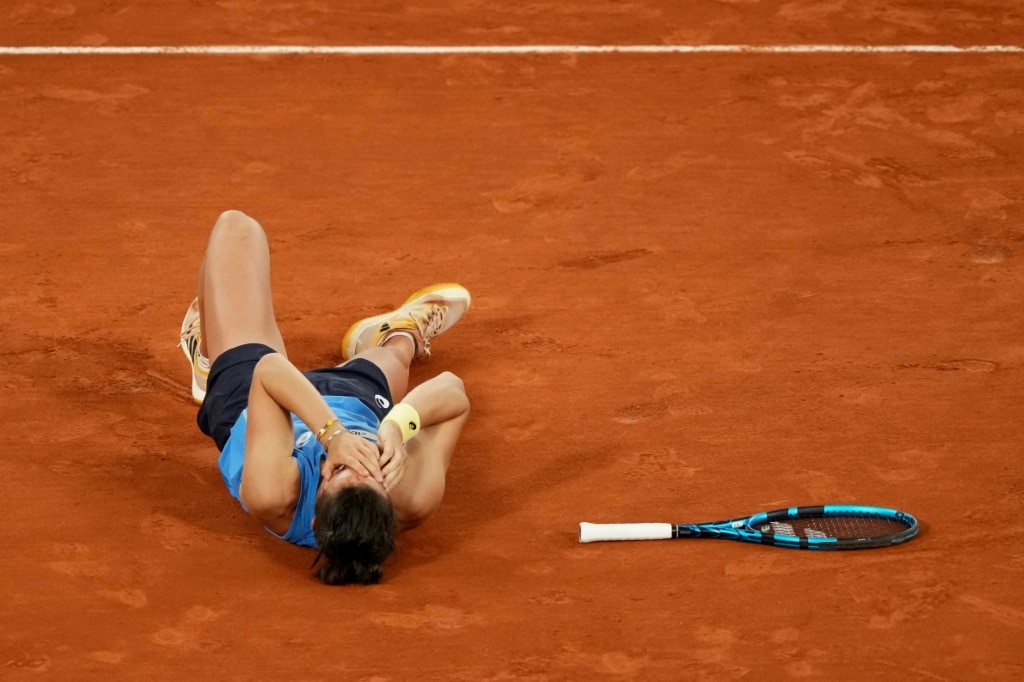Mexico president defends world-first judicial vote despite low turnout
Mexico president defends world-first judicial vote despite low turnout

Breaking News
Don't miss out on the headlines from Breaking News. Followed categories will be added to My News.
Mexican President Claudia Sheinbaum hit back Monday at criticism of her country's unprecedented election of judges, after most voters skipped a ballot that her opponents branded a farce.
Sunday's election followed highly contentious reforms making Mexico the only country in the world to let voters select all of their judges, including Supreme Court justices.
As officials tallied votes, Sheinbaum hailed the "complete success" of an exercise she said was needed to clean up a judiciary mired in corruption.
The National Electoral Institute said around 13 percent of eligible voters took part in a poll that critics said would erode democratic checks and balances and leave judges more vulnerable to criminal influence.
Sheinbaum told Mexicans that they had "nothing to fear."
"Mexico is a free, democratic country -- that won't change. Nothing will change, except access to justice," she said at her daily news conference.
Sheinbaum pushed back at claims "that we're heading toward authoritarianism and that the president will have a lot of power because she'll control the judiciary."
"Now the judges, magistrates and justices answer to the people," she said.
The first results were expected Monday, beginning with the Supreme Court justices.
With more than half of those votes counted, Hugo Aguilar, a lawyer and defender of Indigenous people's rights, was leading the race to be president of the top court.
- 'Dark day' -
The leader of the opposition Institutional Revolutionary Party (PRI), Alejandro Moreno, denounced the vote as a "farce" and called it a "dark day for democracy."
The elections showed Sheinbaum's Morena party was "willing to do anything to concentrate power. They weaken the justice system, trample on institutions, and block the way to democratic debate," he said.
Many voters seemed daunted by the long list of largely unknown candidates in an election for around 880 federal judges as well as hundreds of local judges and magistrates.
Another election for the remainder will be held in 2027.
In the western state of Jalisco, 63-year-old housewife Maria Estrada said she used her "intuition" because she did not know the candidates.
Arturo Giesemann, a 57-year-old retiree in Mexico City, said his main reason for voting was "the disgust I have with the current judiciary because of its corruption."
Hundreds of opponents of the reforms marched through the capital waving flags and banners with slogans including: "Hands off our democracy" and "No to electoral fraud."
The elections send the judiciary "to its grave," said Ismael Novela, a 58-year-old company worker.
"It was the last counterweight we had against the totalitarianism of the executive branch."
- 'Good reputation' -
Critics of the election warned that criminal groups who regularly use violence, threats and bribery would seek to increase their influence over the courts by meddling in the vote.
Rights group Defensorxs had identified around 20 candidates it considered "high risk," including Silvia Delgado, a former lawyer for Sinaloa Cartel co-founder Joaquin "El Chapo" Guzman.
Another aspiring judge, in Durango state, spent almost six years in prison in the United States for drug crimes, despite an official requirement for a clean criminal record.
Candidates were also supposed to have a law degree, experience in legal affairs and what is termed "a good reputation."
The run-up to the vote was not accompanied by the kind of violence that often targets Mexican politicians, which could in part reflect the "chaotic process," said David Shirk, an expert on Mexico's justice system at the University of San Diego.
"Part of the problem for organized crime is they're not sure what judges stand for and who's going to be easy to influence, who's going to be willing to take bribes," he told AFP.
"It could be that in the coming year, as judges take office and start making decisions that are unfavorable to organized crime, that's when we'll start to see some of the pressure and violent activities by organized crime groups," Shirk added.
bur-dr/md
Originally published as Mexico president defends world-first judicial vote despite low turnout


